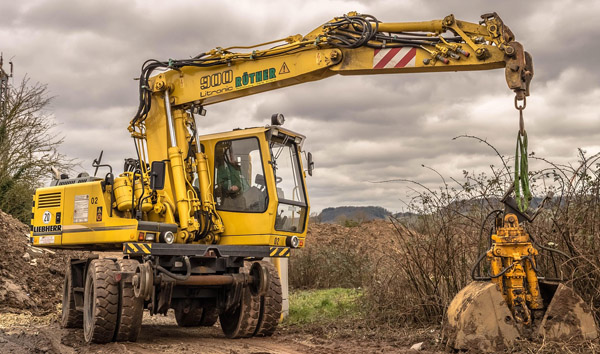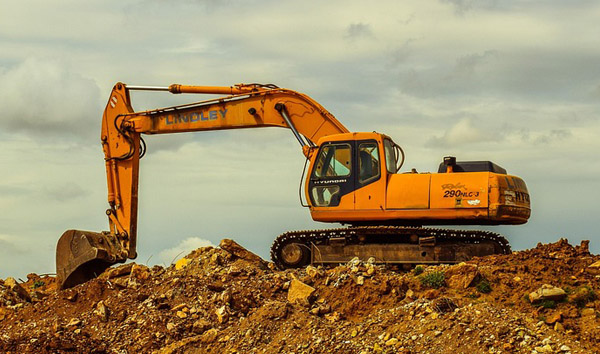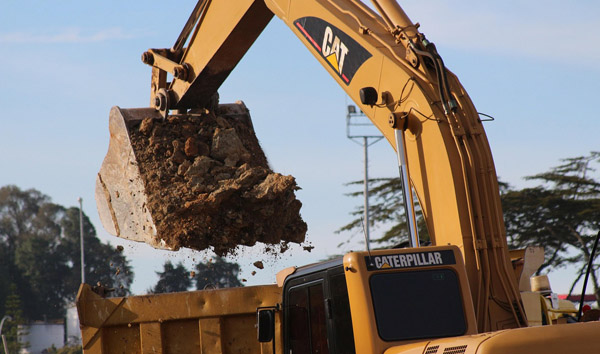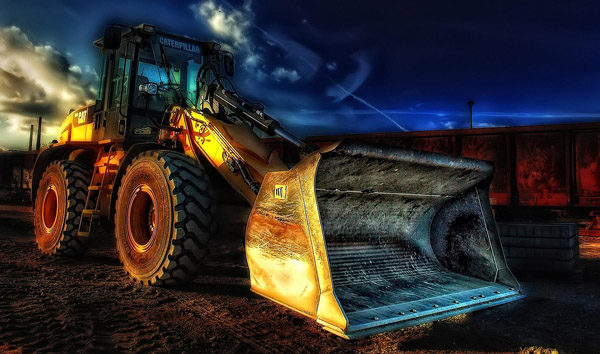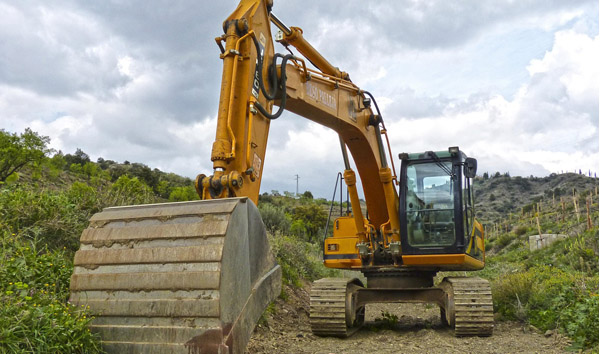Navigating the Capabilities of Modern All-Terrain Forklifts
2025-08-08 03:45:31
All-terrain forklifts are engineered to handle rugged outdoor conditions, combining robust construction with advanced mobility features. Key specifications include load capacities ranging from 5,000 to 12,000 lbs, ensuring versatility across industries like construction, agriculture, and logistics. These machines typically feature large, pneumatic tires with deep treads for superior traction on uneven surfaces. Additionally, their ground clearance often exceeds 10 inches, enabling navigation over obstacles like rocks and debris.
Powering these forklifts are high-torque diesel or electric engines, delivering between 50 to 100 horsepower for demanding tasks. Many models incorporate hydrostatic transmissions for smooth acceleration and precise control, even on steep inclines. Operators benefit from ergonomic cabins with enhanced visibility and vibration-dampening systems, reducing fatigue during extended shifts. Safety remains paramount, with features such as automatic braking and stability control to prevent tip-overs on unstable terrain.
The lifting mechanisms of all-terrain forklifts are designed for efficiency, with mast heights reaching up to 20 feet and lift speeds averaging 0.3 m/s. Some advanced models include telescopic booms for extended reach, ideal for stacking materials in open yards. Hydraulic systems are optimized for heavy loads, with pressure ratings exceeding 3,000 psi. These specifications ensure reliable performance in extreme weather, from muddy construction sites to snowy storage yards.
Industry data reveals a growing demand for all-terrain forklifts, with global sales projected to increase by 6.2% annually through 2028. This surge is driven by infrastructure development and the need for durable material-handling solutions. Leading manufacturers are integrating telematics for real-time performance monitoring, allowing fleet managers to track fuel consumption, maintenance schedules, and operator behavior. Such innovations enhance productivity while minimizing downtime.
In conclusion, all-terrain forklifts are indispensable for industries requiring robust material handling in unpredictable environments. Their specifications—ranging from load capacity to advanced safety systems—make them a strategic investment for businesses prioritizing efficiency and durability. As technology evolves, these machines will continue to redefine operational benchmarks in heavy-duty applications.




